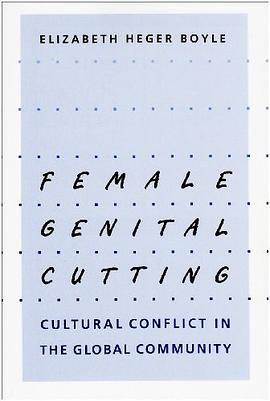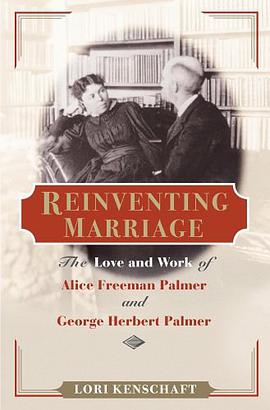

具体描述
The practice of female genital cutting, sometimes referred to as female circumcision and common in a number of African states, has attracted increasing attention in recent years and mobilized strong international opposition. While it typically produces a visceral response of horror and revulsion in Westerners, the practice is widely regarded in some cultures as essential for proper development into womanhood and is defended by women who have themselves experienced it and who have had the procedure performed on their own daughters. It is also perceived in many Islamic communities as religiously prescribed, although most Islamic clerics do not condone the practice. In this study, sociologist Elizabeth Boyle examines this controversial issue from the perspectives of the international system, governments, and individuals. Drawing on previous scholarship, records of international organizations, demographic surveys, and the popular media, Boyle examines how the issue is perceived and acted upon at international, national, and individual levels. Grounding her work in the sociological theory of neoinstitutionalism, Boyle describes how the choices made by governments and individual women are influenced by the often conflicting principles of individual human rights and sovereign autonomy. She concludes that while globalization may exacerbate such conflicts, it can ultimately lead to social change.
作者简介
目录信息
读后感
评分
评分
评分
评分
用户评价
相关图书
本站所有内容均为互联网搜索引擎提供的公开搜索信息,本站不存储任何数据与内容,任何内容与数据均与本站无关,如有需要请联系相关搜索引擎包括但不限于百度,google,bing,sogou 等
© 2026 book.wenda123.org All Rights Reserved. 图书目录大全 版权所有




















